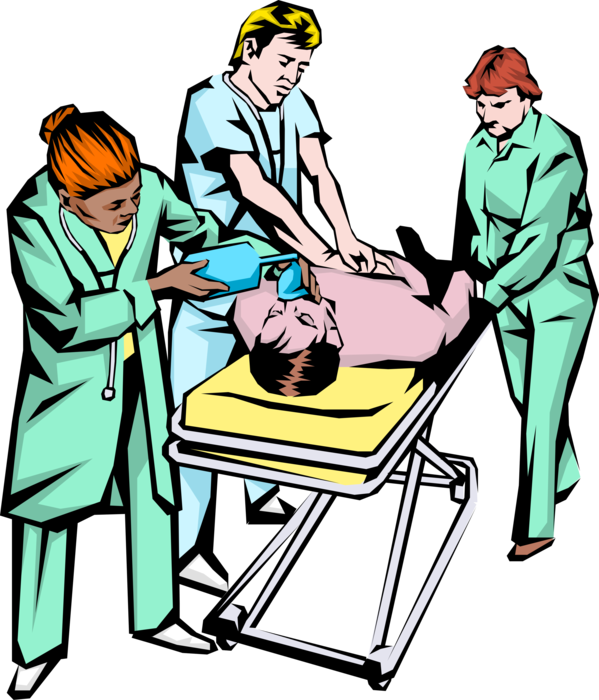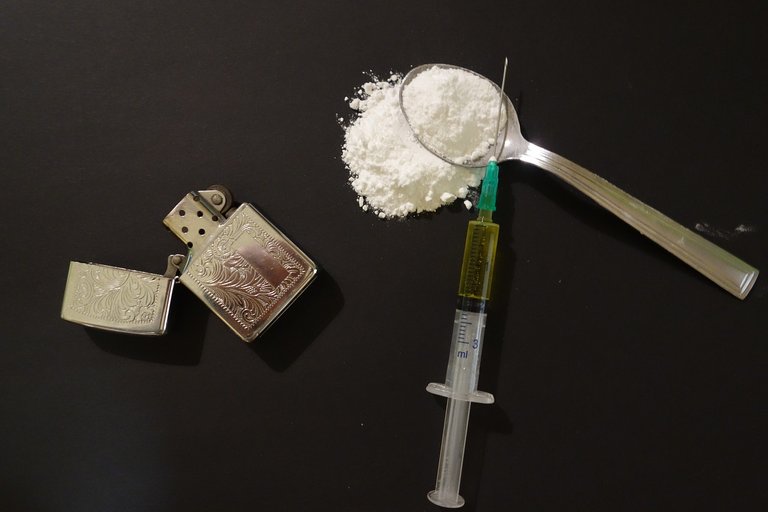In 2019, according to the WHO, about 600 000 deaths were attributable to overdose worldwide, and there are over 130 million people who take prescription and recreational drugs in the United States. A lot of people overdose on a daily, and when I talk to them, I always end my statement with "if it doesn't kill you immediately, it can leave you in a debilitating state both health wise and financially". There are different drugs people overdose on, and while I might not know so many since I am not a user, I will be sharing a few that I have researched on, or have had first hand experience with handling people who have overdosed on them.
One drug that is very expensive but people still overdose on is Cocaine from the coca plant. This drug became popular in the 1980s and ever since then, people have been overdosing on it since it gives short term euphoria, and confidence. The drug is highly addictive and people reaching a state of toxicity vary from person to person depending on the physiological conditions of the person. Chronic users tend to take higher doses as they keep them high over time and this puts them at a higher risk of toxicity.
The drug binds with certain proteins in the body such as Monoamine transporters, plasma proteins, neurotransmitter receptor and metabolic enzymes leading to acute toxicity symptoms such as headches, fatigues, vertigo, increased blood pressure, irregular breathing, irregular heartbeat, increased temperature, irritability, and aggression. When this becomes serious, it can lead to encephalopathy which is accompanied by seizures. In extreme toxicity, it can lead to loss of reflex, hypotension, respiratory failure and cardiac arrest which can then lead to a comatose state.
Another drug that people overdose on is Heroine which is a depressant. This is a highly addictive opioid drug and although it is illegal, people still use it so much. The drug when ingested binds to the Mu receptor, Kappa receptor, and Delta receptors leading to euphoria and a state of being lightheaded but then it can be easily overdose leading to increased blood pressure, kidney failure, and Arrhythmia.
Another overdose that I have seen amongst women especially is MDMA or Molly which some people call Ecstasy. I guess it is as a result of its design that makes it a choice for females as well as its euphoric feeling. This drug interacts with the feel good neurotransmitters which are Dopamine, Serotonin, and Norepinephrine which causes people to keep coming for more. In the case of an overdose, people can experience overheating, seizure, kidney failure, and arrhythmia.
Normally, the body needs to be chemically balanced, and taking extreme amount of drugs which are chemicals can set it off balance. These drugs can be stimulants, depressants, or even pain relievers. Overdose interact with our body's neurotransmitters and different drugs can cause different overdose symptoms. Also, the severity of an overdose depends on the amount of the drug taken, how it was taken, and other chemical substances or drugs it could have mixed with intentionally or unintentionally. Depressants makes us feel dull just as the name sounds, when taken at best a person falls asleep, but in its worse case, it can lead to respiratory cutoff and death.
Alcohol is another depressant, and while the fun continues when we drink, we can say that blacking out when drinking alcohol can classify as an Overdose. Alcohol binds to GABA, slowing down the brain activity but it can become extreme when there is too much alcohol in the bloodstream leading to dehydration and loss of consciousness.
Drug overdoses pose a significant risk to public health, with devastating effects on individuals and their families. It's crucial to understand the dangers of both prescription and recreational drug use and to be aware of the warning signs of overdose. If you or someone you know is struggling with substance abuse, seek professional help and support. Remember, overdoses are often preventable with the right education, intervention, and treatment. Let's work together to reduce the impact of overdoses on our communities and promote healthier lifestyles.
Read More
https://www.betterhealth.vic.gov.au/health/healthyliving/drug-overdose
https://www.who.int/news-room/fact-sheets/detail/opioid-overdose
https://nida.nih.gov/research-topics/trends-statistics/overdose-death-rates
https://www.ncbi.nlm.nih.gov/books/NBK430976/
https://www.ncbi.nlm.nih.gov/pmc/articles/PMC2703432/
https://www.ncbi.nlm.nih.gov/books/NBK430736/
https://americanaddictioncenters.org/ecstasy-abuse/overdose
https://pubmed.ncbi.nlm.nih.gov/9865243/



